At a time when we are aware of the crucial importance of science for the protection of human health and for the global development of the world, we bring you an overview of some of the meetings that Radio Bulgaria held during the outgoing year with young Bulgarian scientists who have made significant contribution in their fields.
Stefan Krastanov is working on the creation of the quantum computer and is teaching at Harvard, but he has not forgotten that he owes his awakening to science to his primary schools teachers in Burgas and to the world-renowned Bulgarian physics teacher Teodosii Teodosiev.
He explains quantum physics, which is incomprehensible to most people, in simple words: "It tells us what the fundamental limitations that the universe places on us are." The young scientist believes that if something cannot be achieved with the laws of quantum information, it probably cannot be achieved in any other way. "One of the applications of the quantum computer is to simulate drugs and materials that are difficult to create in a laboratory," Stefan Krastanov explains. However, he is among the scientists who ask himself also the philosophical question - how to build a better world with the help of science.
You can read more about the scientists in the article Stefan Krastanov - the Harvard quantum physicist from Bulgaria.
Zlatko Minev, a doctoral student in applied physics at Yale and a researcher at IBM Quantum, has managed to resolve a century-old dispute between quantum physics architects Bohr, Schrödinger and Einstein.
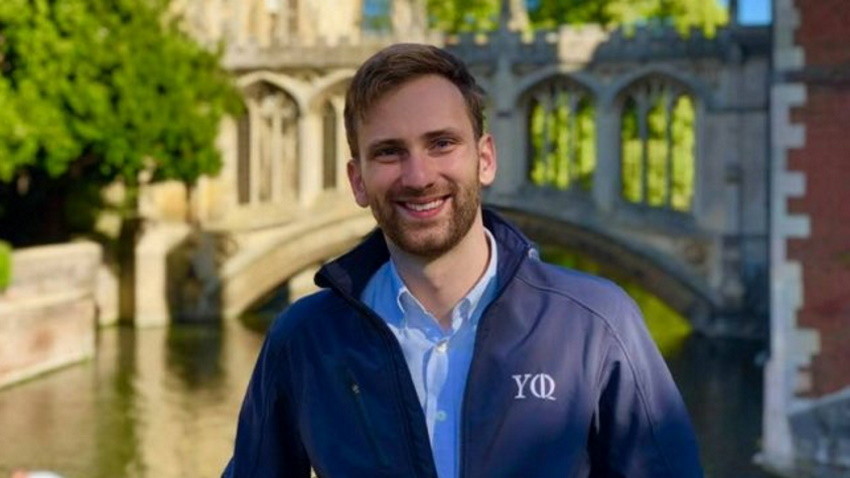
Thanks to his discovery, the ability to predict and control quantum leaps, and future quantum computers to cope with tasks impossible for classical devices, has been proven. The researcher builds on his idea by creating a new technology - a feedback system that manages the future of quantum leaps by controlling, capturing and returning them. This year, Zlatko Minev was chosen as one of the 35 global innovators below the age of 35 in the prestigious MIT Technology Review ranking and was awarded the John Atanasoff Award by Bulgaria’s President Rumen Radev.
Read more about him in the publication Young Bulgarian Yale scientist grabs John Atanasoff Award for 2020.
Two Bulgarian specialists became part of the team of the American entrepreneur Elon Musk, which worked for the historic launch of the SpaceX rocket into space. 30-year-old Kiril Donchev took care of ground operations in the preparation for the launch of the Dragon capsule, and 25-year-old Orlin Velev contributed to the satisfactory result being responsible for the structural stability of the company's ships.
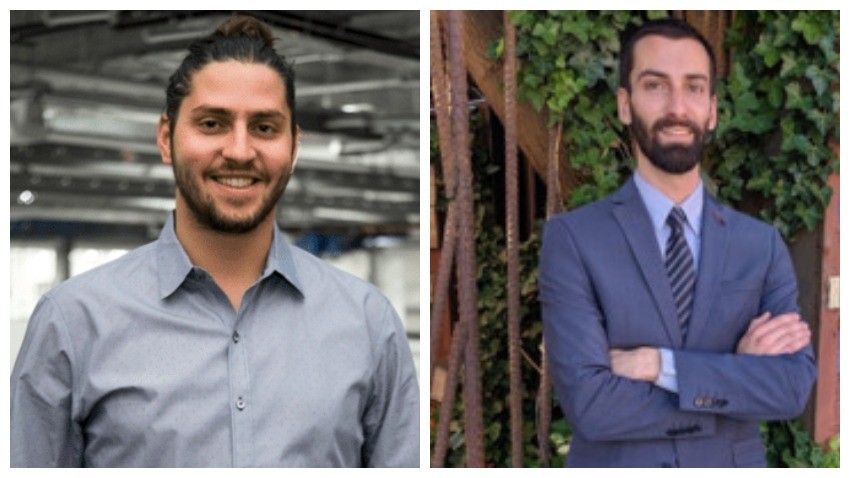
Read more about them in "Bulgarians in the team of Elon Musk".
Dr. Vanyo Vezirov heads the biotechnology company OS IMPLANTS, which makes artificial bones for humans and animals via 3D printing. On the day of his graduation, he received the award of the Medical University in Sofia for his 3D printer for joint implants. "We do three things on the printer," explains Dr. Vanyo Vezirov.
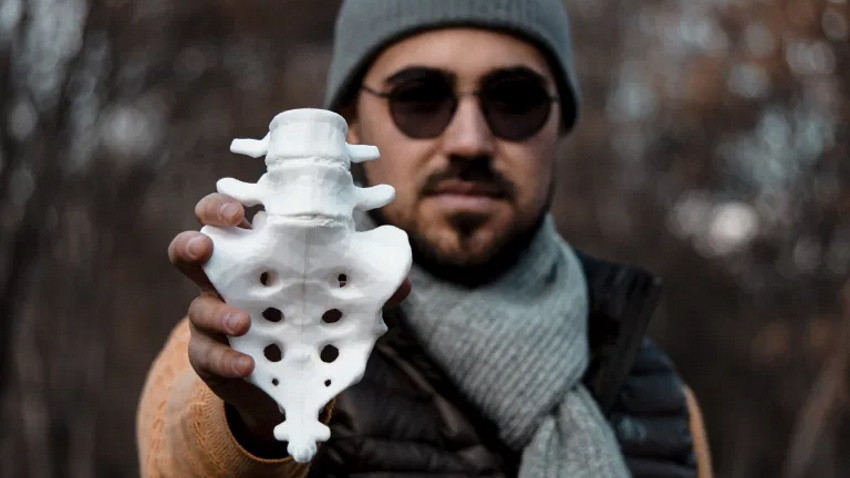
First of all, these are the anatomical models that students should study, followed by the surgical models, which are parts of the body for experimentation and operations, and the third thing are the customized implants developed especially for the patient.
You can read more about the young inventor in the publication "Young Bulgarian doctor from Sofia distinguished for practical application of 3D technologies".
Rosen Georgiev is a doctoral student at the Institute of Optical Materials and Technologies of the Bulgarian Academy of Sciences and is engaged in research in the field of deposition of atomic layers and their applications.
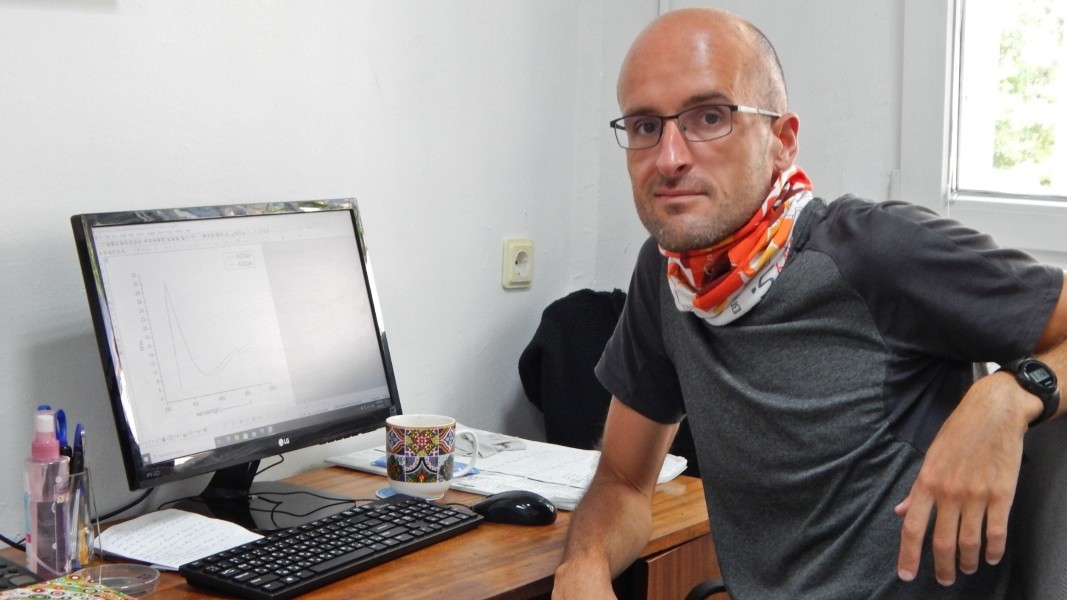
Since recently, he has also been mentoring younger students. His dissertation is inspired by the natural phenomenon of iridescence - the refraction of light, which gives a bright colouring to many reptiles, birds and insects.
Written by Diana Tsankova
Photos: BTA, m.economy.bg, EPA, osimplants.com and fund13veka.bgThe usurpation of cultural heritage is one of the many inevitable consequences of any military conflict, both historically and today. Until the end of the war in Ukraine, it is impossible to adequately analyse the extent of the damage caused to the..
Athens plans to modernise the Greek army by 2030 Greece's Defence Minister Nikos Dendias presented the plan for changes in the army to the parties in parliament. The reforms will cover all three branches of the military. By 2030, 33 units..
A short video kaleidoscope of the "untold stories" of worthy Bulgarians - scientists, entrepreneurs, engineers, artists - who have contributed to our country's good image in the eyes of the world opened an unconventional public forum that showcased the..
At the Bulgarian Embassy in London, Prof. Bettany Hughes presented excerpts from the new BBC series - Wonders of Bulgaria. Prof. Bettany..
Over 3.5 million Ukrainians have arrived in or passed through Bulgaria since the beginning of the war. Nearly 200,000 people have found temporary..
An innovation for the treatment of diabetic foot ulcer using the patient's own tissue and artificial intelligence has been implemented at the University..

+359 2 9336 661
